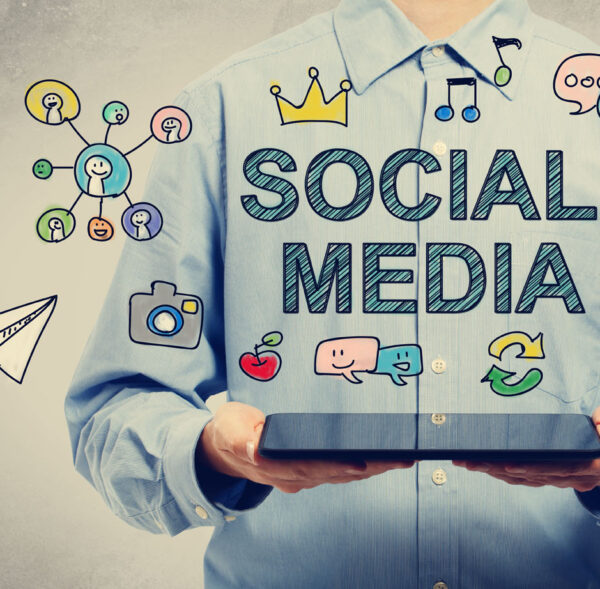Event Marketing: Crafting Unforgettable Experiences to Elevate Brands
In the fast-paced landscape of contemporary business, where digital strategies often dominate the conversation, event marketing remains an invaluable tool for brands seeking to create lasting impressions and forge meaningful connections with their audience. Event marketing is not just about hosting an event; it’s a dynamic strategy that blends creativity, engagement, and brand storytelling to craft unforgettable experiences.
1. The Essence of Event Marketing:
Event marketing is the art of curating experiences that resonate with a target audience. It involves the strategic planning and execution of live events, ranging from product launches and trade shows to conferences and brand activations. Unlike traditional marketing methods, event marketing creates an environment where brands can directly engage with consumers, fostering a sense of connection and loyalty.

Contact
- D-161, AFE Part-1, Jamia Nagar, Okhla, New Delhi-110025
- +91 87002 92865
- info@ssfdesigns.in
2. Building Real Connections:
In a world dominated by virtual interactions, the value of face-to-face engagement cannot be overstated. Event marketing provides a unique opportunity for brands to build authentic connections with their audience. Attendees have the chance to experience the brand in a three-dimensional space, interact with products, and engage in meaningful conversations with representatives. This personal touch goes a long way in creating a memorable and positive association with the brand.

3. Creating Memorable Experiences:
Events allow brands to showcase their personality and values in a way that digital campaigns often cannot. From interactive displays to immersive installations, event marketing enables brands to create memorable and shareable experiences. Attendees become participants in the brand story, contributing to a sense of community and shared identity.
4. Amplifying Brand Visibility:
Events are powerful platforms for increasing brand visibility. A well-executed event attracts attention not only from attendees but also from media, influencers, and industry stakeholders. Social media amplification during and after the event further extends the reach, generating buzz and organic conversations about the brand. This multi-channel approach enhances brand visibility in ways that traditional advertising struggles to achieve.
5. Product Launches and Demonstrations:
Event marketing is particularly effective for product launches and demonstrations. It provides a live stage to unveil new products, allowing attendees to experience the innovation firsthand. Live demonstrations create a sense of excitement and urgency, driving interest and demand for the newly launched products.
6. Networking Opportunities:
Events bring together a diverse array of individuals, including industry professionals, potential clients, and collaborators. The networking opportunities that arise from events can be invaluable for business growth. Whether through structured networking sessions or casual interactions, events create a fertile ground for forging partnerships, collaborations, and new business relationships.
7. Measuring Success and ROI:
Event marketing is not just about creating a spectacle; it’s about achieving measurable results. Robust event analytics tools allow marketers to track various metrics, including attendance, engagement, and social media reach. By analyzing these data points, businesses can assess the success of their events and calculate the return on investment (ROI), providing valuable insights for future marketing strategies.


8. Adapting to Hybrid Formats:
In an era marked by global connectivity and technological advancements, event marketing has evolved to include hybrid formats. Combining in-person and virtual elements, hybrid events leverage the best of both worlds, ensuring broader accessibility and engagement. This adaptability allows brands to reach a wider audience while maintaining the impactful and immersive aspects of traditional events.
In conclusion, event marketing is a dynamic and indispensable facet of a comprehensive marketing strategy. It transcends the digital landscape, offering a unique opportunity for brands to create meaningful connections, amplify visibility, and leave a lasting impression on their audience. As businesses continue to navigate the evolving marketing landscape, integrating event marketing into the overall strategy proves to be a strategic and impactful choice.







